Comprehensive in-depth research is critical for generating innovative ideas and enacting policy change. The Center for European Policy Analysis (CEPA) works with experts from Europe and North America to publish cutting-edge reports and analysis designed to provide detailed critical insights and creative policy solutions that address the most pressing issues affecting the transatlantic alliance.
No Result Found

Boosting Europe’s Digital Leaders: A New Momentum for the D9+
April 18, 2024

Resilience, Reconstruction, Recovery: The Path Ahead for Ukraine
April 10, 2024

Leadership in Action: Six Priorities for the Transatlantic Alliance in 2024
February 13, 2024

Containing Russia, Securing Europe
January 31, 2024

Transatlantic Trade and Technology: Partners or Rivals?
January 25, 2024
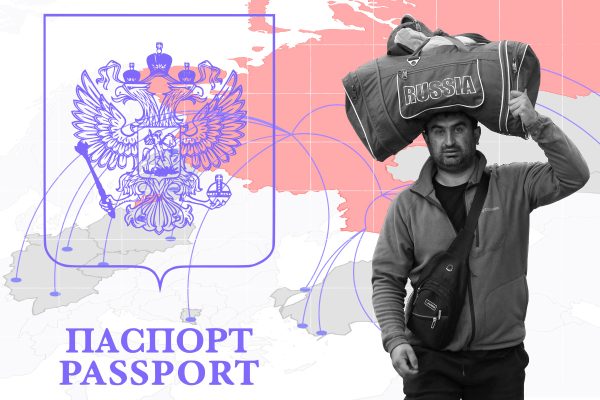
In From the Cold: The Struggle for Russia’s Exiles
December 12, 2023

Encryption: It’s Not About Good and Bad Guys, It’s About All of Us
December 5, 2023

A New Vision for the Transatlantic Alliance: The Future of European Security, the United States, and the World Order after Russia’s War in Ukraine
November 30, 2023

Preparing for a Successful Peace: Consolidating Corporate Governance in Ukraine’s Energy State-Owned Enterprises
September 28, 2023
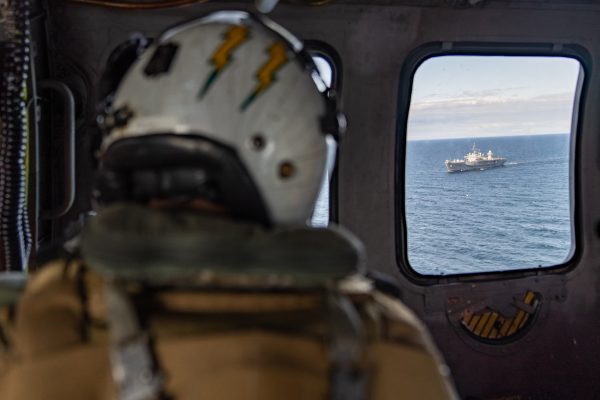
Sea Change: Nordic-Baltic Security in a New Era
September 28, 2023

An Urgent Matter of Drones
September 27, 2023
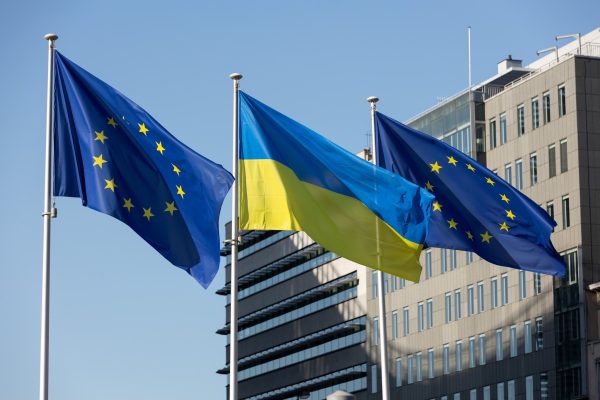
A European Home for Ukraine: Perspectives on the EU’s Enlargement Challenge from Berlin, Paris, and Warsaw
September 27, 2023

Injecting Security into European Tech Policy
September 26, 2023

Top European Energy Security Priorities for the Second Half of 2023
August 10, 2023
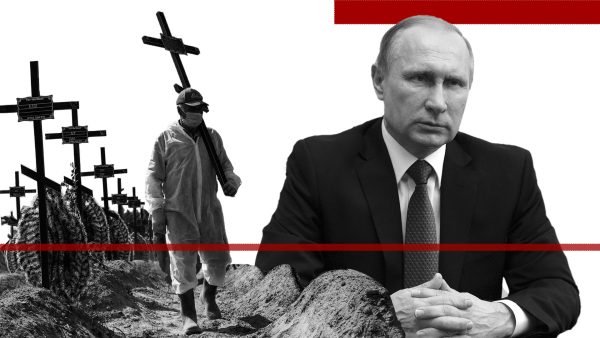
Who is to Judge Mr. Putin?
July 25, 2023

Export Controls — The Keys to Forging a Transatlantic Tech Shield
July 20, 2023

The Road to Chişinău: The European Political Community
May 23, 2023

Transatlantic Community Must Unite to Address AI Risks and Opportunities
April 25, 2023

Confronting China and Catching Up on Chips
April 10, 2023
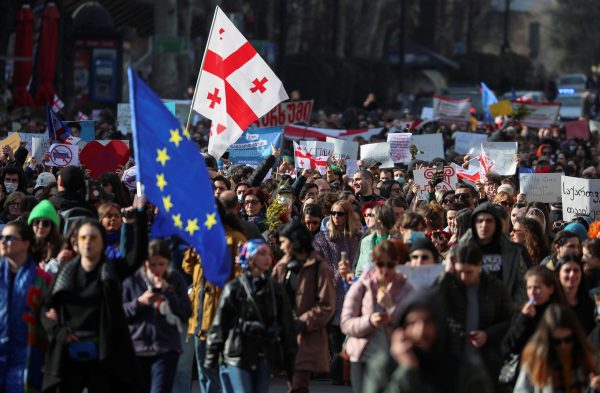
Reform and Resistance: Georgia’s Path to EU Candidacy
April 6, 2023

Europe Upgrades its Cybersecurity Arsenal — Frightening the US
April 5, 2023

Reining in the Gatekeepers and Opening the Door to Security Risks
March 30, 2023

Winning Europe’s Energy War with Russia
March 30, 2023

Europe, Please Do Not Misunderstand US Telecom Policy
March 28, 2023
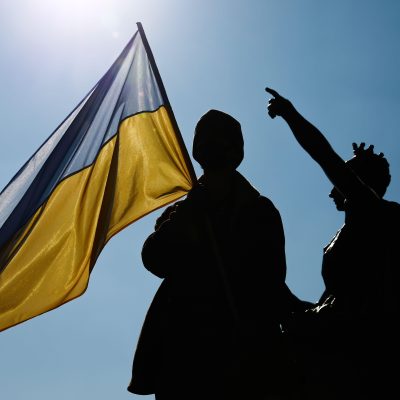
Leadership in Action – An Eight-Point To-Do List for the Transatlantic Alliance
February 13, 2023

How to Track Chinese Online Influence
September 28, 2022
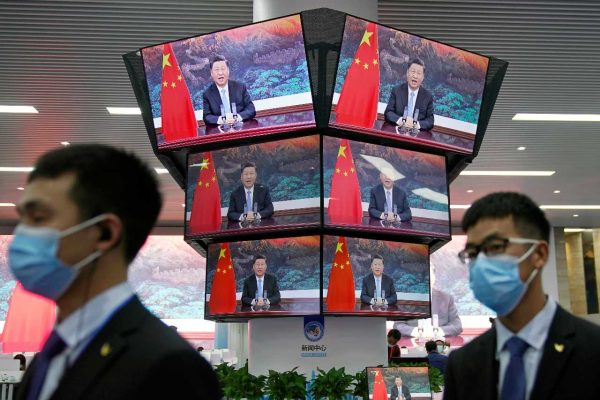
Tracking Chinese Online Influence in Central and Eastern Europe
September 28, 2022

The Strategic Importance of Snake Island
September 27, 2022
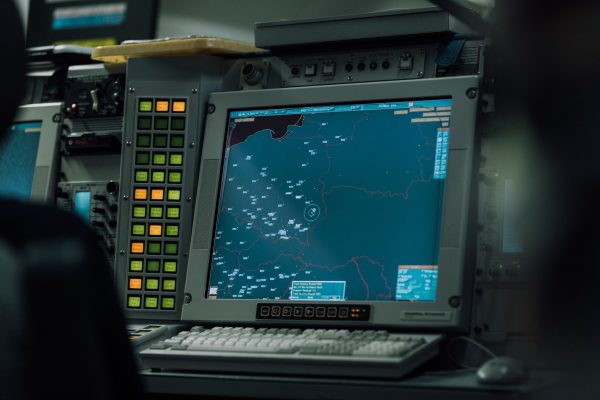
Elevating Our Edge: A Path to Integrating Emerging and Disruptive Technologies
September 27, 2022

Russia’s Militarization of the Black Sea: Implications for the United States and NATO
September 22, 2022
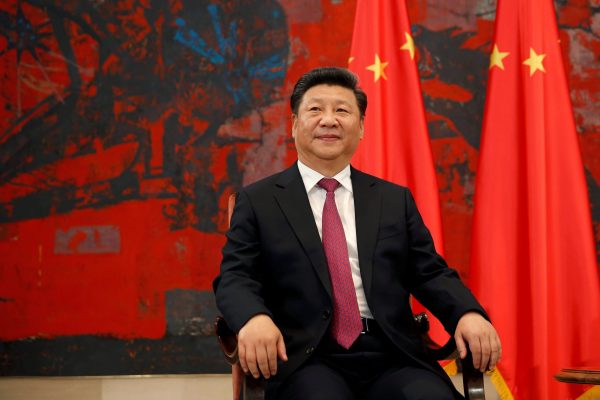
Getting Ahead of the Curve: Chinese Influence in Central and Eastern Europe
September 21, 2022
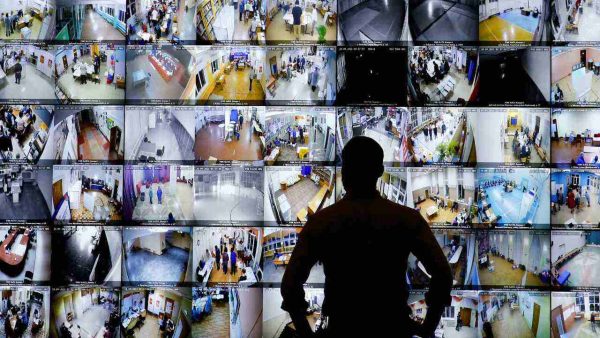
Russian Cyberwarfare: Unpacking the Kremlin’s Capabilities
September 8, 2022

Chinese Influence in Bosnia and Herzegovina
September 7, 2022

Chinese Influence in Serbia
September 2, 2022

Chinese Influence in Bulgaria
August 31, 2022

Chinese Influence in North Macedonia
August 30, 2022

Chinese Influence in Slovakia
August 26, 2022

Chinese Influence in Montenegro
August 25, 2022
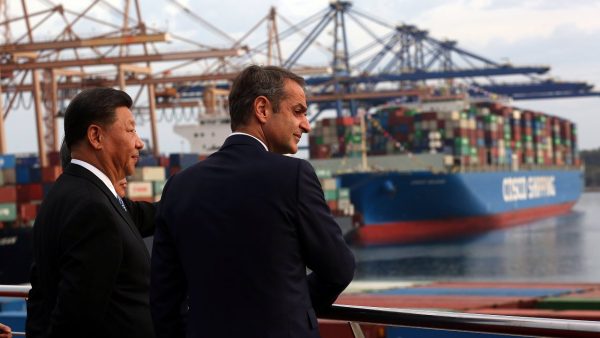
Chinese Influence in Greece
August 24, 2022

Chinese Influence in Albania
August 23, 2022
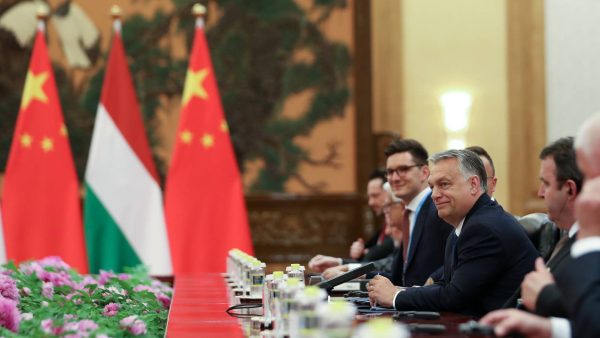
Chinese Influence in Hungary
August 18, 2022
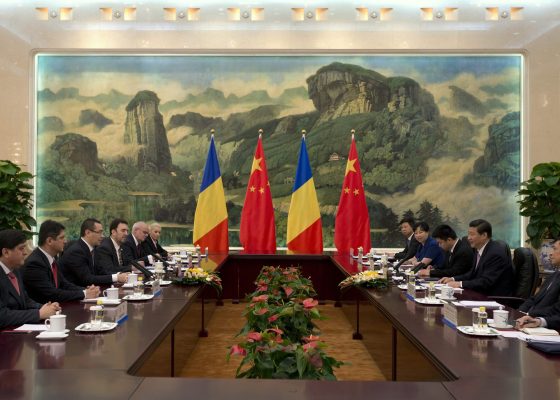
Chinese Influence in Romania
August 17, 2022

Chinese Influence in the Czech Republic
August 16, 2022

Chinese Influence in Croatia
August 12, 2022

Chinese Influence in Latvia
August 11, 2022
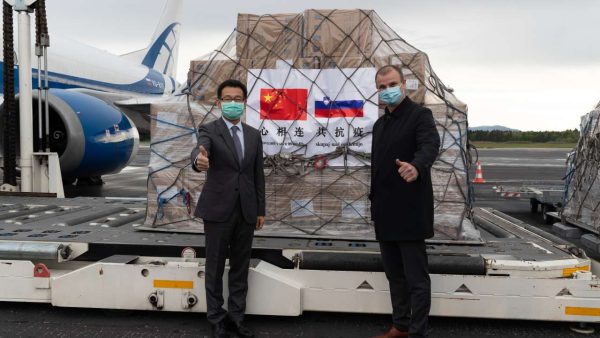
Chinese Influence in Slovenia
August 10, 2022

Chinese Influence in Estonia
August 9, 2022

Chinese Influence in Lithuania
August 2, 2022

Chinese Influence in Poland
August 2, 2022

Chinese Influence in Central and Eastern Europe
August 2, 2022

Divided Digital Europe: The Continent Connects at Different Speeds
July 12, 2022

The New Iron Curtain
June 7, 2022

Post-Mortem: Russian and Chinese COVID-19 Information Operations
May 26, 2022

What Does Europe Look Like 3-7 Years After Russia’s War in Ukraine?
May 24, 2022

Owning the Conversation: Assessing Responses to Russian and Chinese Information Operations Around COVID-19
March 31, 2022
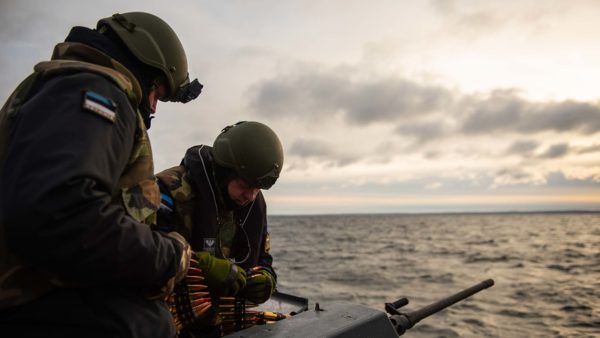
Close to the Wind: Recommendations for Baltic Sea Regional Security
February 16, 2022

US Foreign Policy Toward North Macedonia
February 2, 2022
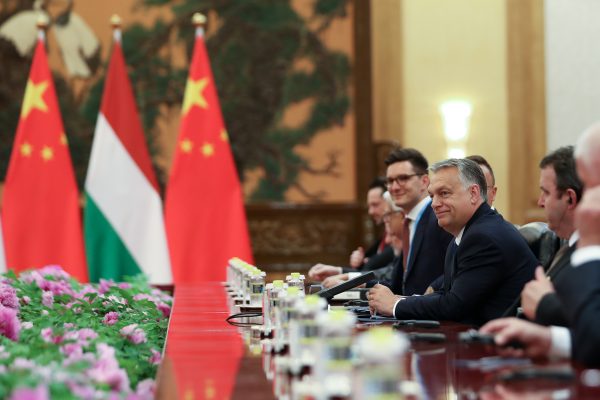
China in Hungary: Real Threat or False Alarm?
January 6, 2022

Europe and the Future of Nuclear Strategic Stability
December 14, 2021
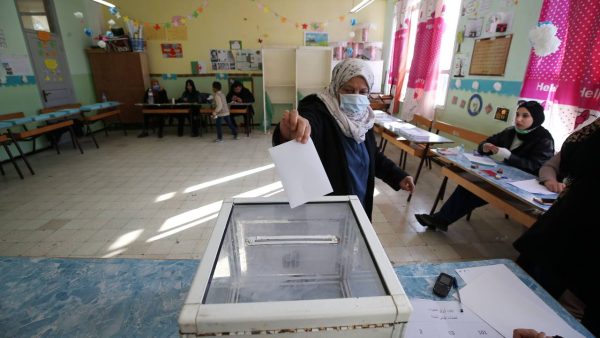
Democracy Playbook 2021
December 6, 2021

